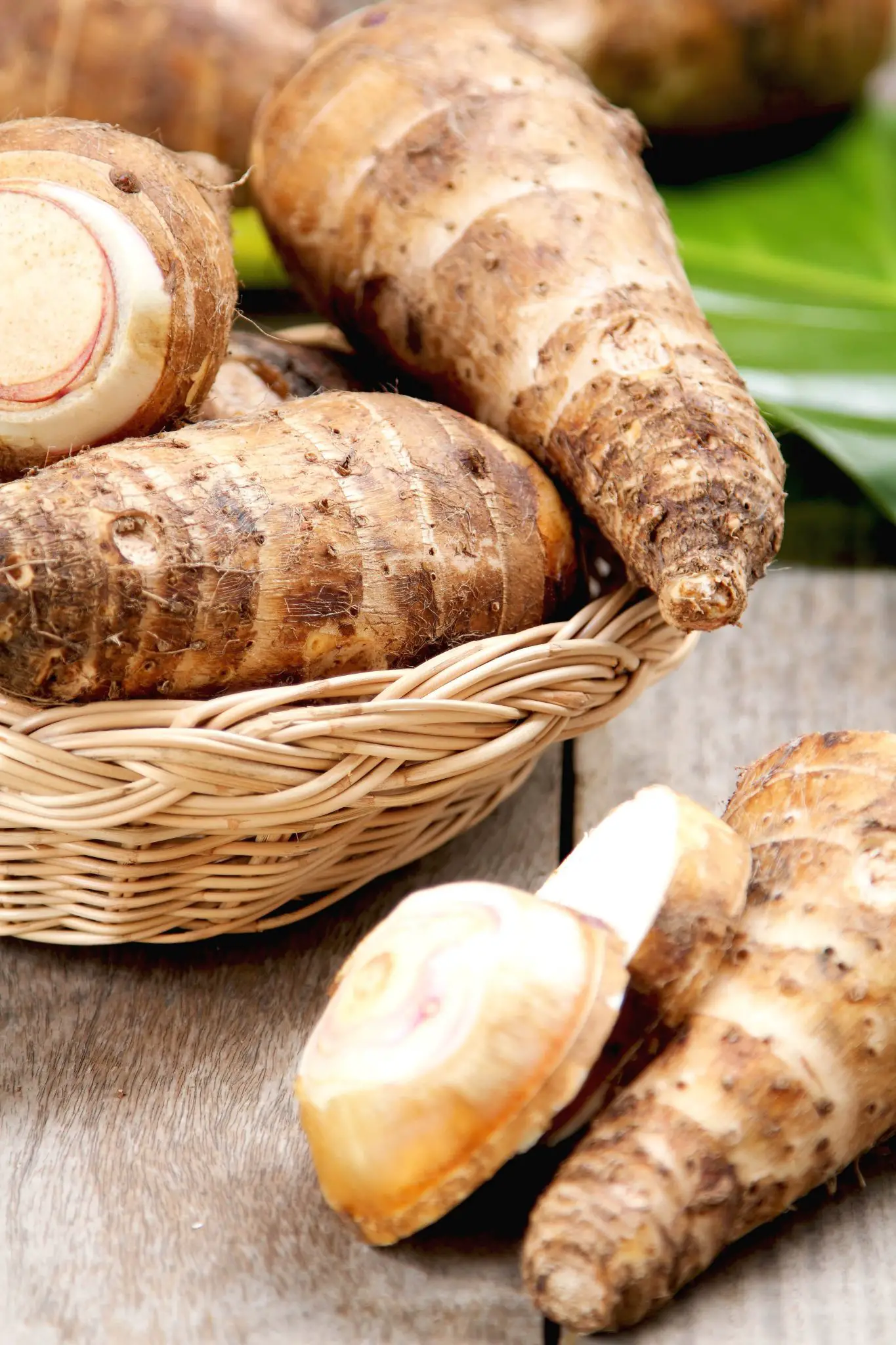Taking care of your skin, particularly in severe weather or through life events such as pregnancy, may be difficult. People want to know what’s in their products, therefore organic body butters have grown popular. Body butter is a nutrient-rich cream made from natural oils and butters that is designed to hydrate, moisturise, and nourish your skin.
Table of Contents
What is body butter?
If you’ve always used lotion but haven’t tried body butter, you’re in for a pleasant surprise. Body butter provides you a radiant look and doesn’t leave you feeling sticky. It should be semi-solid at room temperature. Body butter is a multipurpose all-over moisturiser for the face, body, feet, and hands that is usually always thicker than lotion.
Benefits of body butter?
Here are a few of the advantages of using body butter:
- Reduces wrinkles by moisturising and smoothing the skin.
- Sunburn, eczema, and rashes are relieved.
- Protects the skin by forming a barrier.
- Vitamins and antioxidants nourish your skin.
- Stretch marks are reduced and prevented.
What are some substitutes for arrowroot powder in body butter?
Some substitutes include corn flour or tapioca starch.
Corn Starch
Corn Starch is one of the most popular substitutes for arrowroot powder in body butter and it is also one of my favourites. Cornstarch will help to incorporate the glycerin with the oils and will also help with skin absorption in the final product.
To use this substitute you can add about one quarter teaspoon of cornstarch at a time. Then, slowly mix your whipped shea butter in between additions.
Tapioca Starch
Tapioca powder is another type of starch and is derived from the South American cassava root. While it is not nutrient-rich, it can help to thicken your homemade body butter. Tapioca powder is another oil-absorbing agent that you can use in place of arrowroot powder.
Here is video for further guidance
